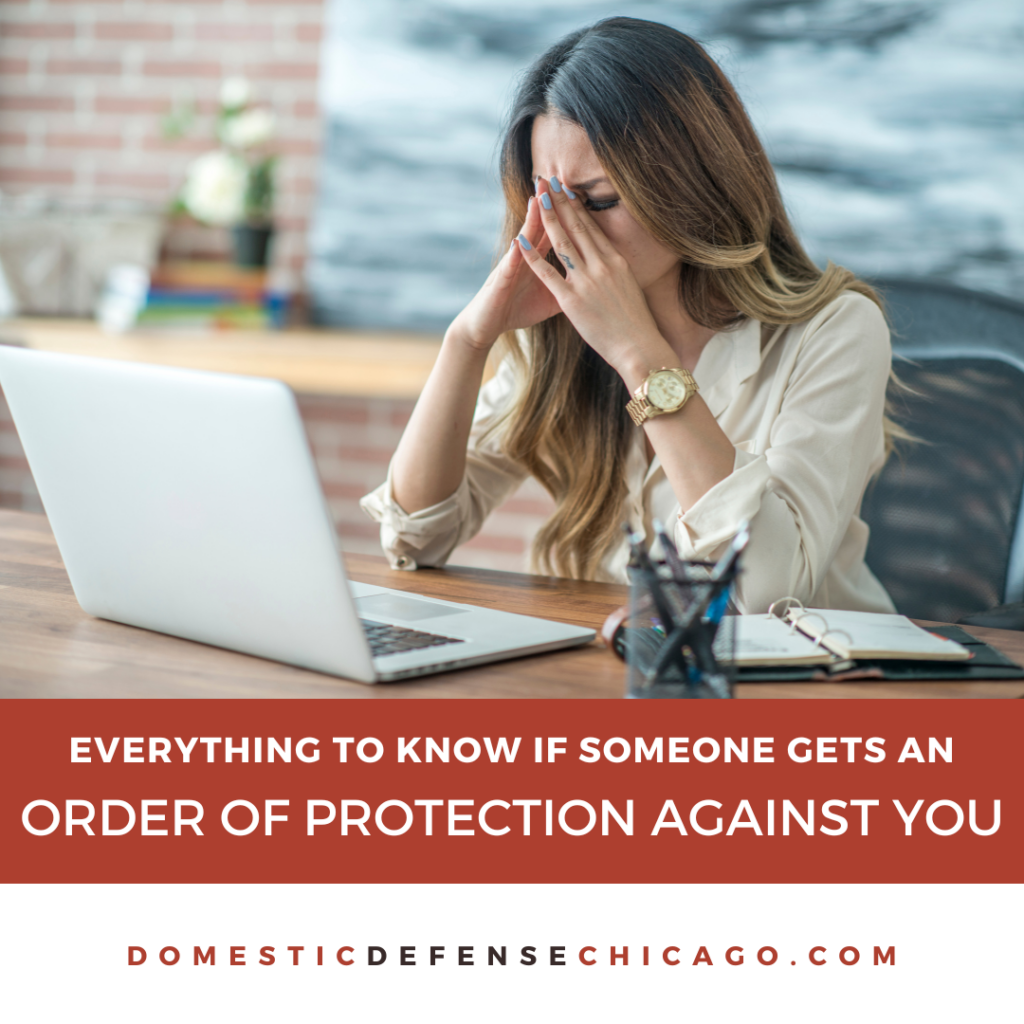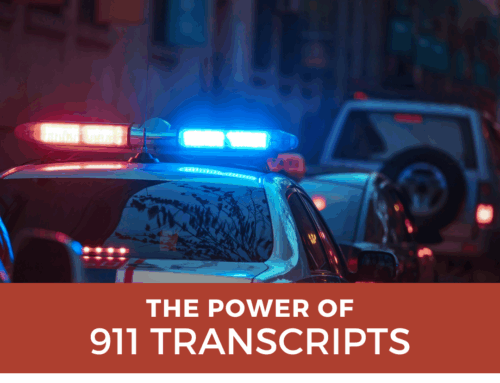Receiving notice that an order of protection has been filed against you can be a distressing experience. In Illinois, such orders are taken seriously and can have immediate and long-lasting effects on your life. This guide is designed to walk you through what an order of protection entails, the legal implications, and how to respond appropriately if you find yourself on the receiving end of one.
Everything You Need to Know if Someone Gets an Order of Protection Against You in Illinois
Facing the reality of an order of protection against you in Illinois can be a challenging situation. It’s a legal measure taken seriously by courts and can have lasting effects on various aspects of your life. Understanding the nuances of these orders, how to respond appropriately, and the potential consequences of violations is crucial. This guide aims to provide a comprehensive look at orders of protection in Illinois, immediate actions to take, and the legal strategies that can be employed in your defense. This guide covers:
- Understanding orders of protection in Illinois
- Immediate actions to take upon receiving an order of protection
- Consequences of violating an order of protection
- How orders of protection can affect divorce and custody
- Legal strategies and defenses
Here’s a closer look at each.
Understanding Orders of Protection in Illinois
An order of protection in Illinois is a legal injunction used to protect individuals from harm or harassment. It can significantly limit your interactions with the person who has sought the order. These legal orders are not exclusive to domestic violence cases; they can also be issued in situations involving stalking, threats, or other forms of harassment. It’s vital to understand that these orders carry the full weight of the law and must be adhered to strictly.
Immediate Actions to Take Upon Receiving an Order of Protection
If you’re served with an order of protection, it’s imperative to follow the order’s stipulations to the letter. Any form of contact with the petitioner, even if initiated by them, can be seen as a violation. The first step should be to consult with a lawyer who has experience with such cases. They can advise you on the appropriate legal response and help you prepare for the court hearing that will decide the future of the order. Gathering evidence that may support your case is also crucial. This could include communication records, eyewitness accounts, or any other relevant information that could be used in your defense.
Consequences of Violating an Order of Protection
Violating an order of protection is a serious offense that can lead to immediate arrest and criminal charges. The penalties for such a violation can include fines, jail time, and a permanent mark on your legal record. This record can negatively impact future legal matters, such as child custody or divorce proceedings. It’s essential to fully understand the terms of the order and abide by them to avoid these severe consequences.
How Orders of Protection Can Affect Divorce and Custody
When it comes to divorce and custody disputes, an order of protection can play a pivotal role in the court’s decision-making process. The existence of such an order can be interpreted as an indicator of risk to a spouse or child, which can influence custody arrangements, visitation rights, and financial settlements. Addressing the order of protection with the assistance of a lawyer is critical in these situations, as it can significantly affect the outcome of these legal proceedings.
Legal Strategies and Defenses
Crafting a defense against an order of protection involves a careful and strategic approach. This may include challenging the necessity of the order or disputing the allegations upon which it is based. Presenting evidence that contradicts the petitioner’s claims or that shows an absence of threat can be crucial. A knowledgeable lawyer will collaborate with you to develop a defense strategy that upholds your rights and adheres to the legal standards.
Navigating the complexities of an order of protection requires a clear understanding of the law and a proactive approach to your defense. With the right legal guidance, you can address the situation effectively and work towards a resolution that minimizes the impact on your life.
FAQ About Orders of Protection in Illinois
Check out these commonly asked questions about orders of protection in Illinois. If you don’t see the answers here, please call our office and we’ll get you the information you need.
What Is the Difference Between an Emergency Order of Protection and a Plenary Order of Protection?
In Illinois, an emergency order of protection is a temporary safeguard that a judge can issue immediately, without the respondent’s input, to protect someone in imminent danger. It’s quick and provisional, typically lasting 14 to 21 days. On the other hand, a plenary order of protection is more permanent, granted after a full court hearing where both parties can present their arguments. This type of order can last up to two years and can be renewed.
How Long Does an Order of Protection Last?
The length of an order of protection in Illinois depends on the type of order issued. An emergency order is short-term, usually in effect for 14 to 21 days, giving the petitioner time to arrange for a longer-term solution. A plenary order, granted after a court hearing, can protect the petitioner for up to two years and can be extended if the court finds that the petitioner still needs protection.
Can I Contact the Person Who Got an Order of Protection Against Me?
If an order of protection is issued against you, any form of contact with the petitioner, whether direct or indirect, is prohibited. This includes phone calls, texts, emails, and even messages sent through third parties. Violating this order can result in criminal charges, so it’s important to adhere strictly to the terms set by the court.
What Happens at an Order of Protection Hearing?
During an order of protection hearing, the court listens to both the petitioner and the respondent. Each side can present evidence, such as documents, photographs, or witness testimony, to support their case. The judge will consider this evidence to decide whether to issue a plenary order of protection, which can offer long-term safety measures for the petitioner.
Can an Order of Protection Be Modified or Dismissed?
Yes, either party can request the court to modify or dismiss an order of protection. This request must be made through a formal motion and a subsequent court hearing. The judge will consider the reasons for the request and any new evidence before making a decision. It’s important to have legal representation during this process to ensure your rights and interests are adequately represented.
Navigating the complexities of an order of protection in Illinois requires a clear understanding of the law and a solid legal strategy. With the right guidance, you can respond effectively to the order and protect your rights and interests.
Do You Need to Talk to an Attorney About Domestic Battery Defense?
If you need to talk to a domestic battery defense attorney in Illinois, we’re here to help. Call us at 847-920-4540 now – we’ll be happy to give you a free consultation and talk to you about your options.







Leave A Comment
You must be logged in to post a comment.